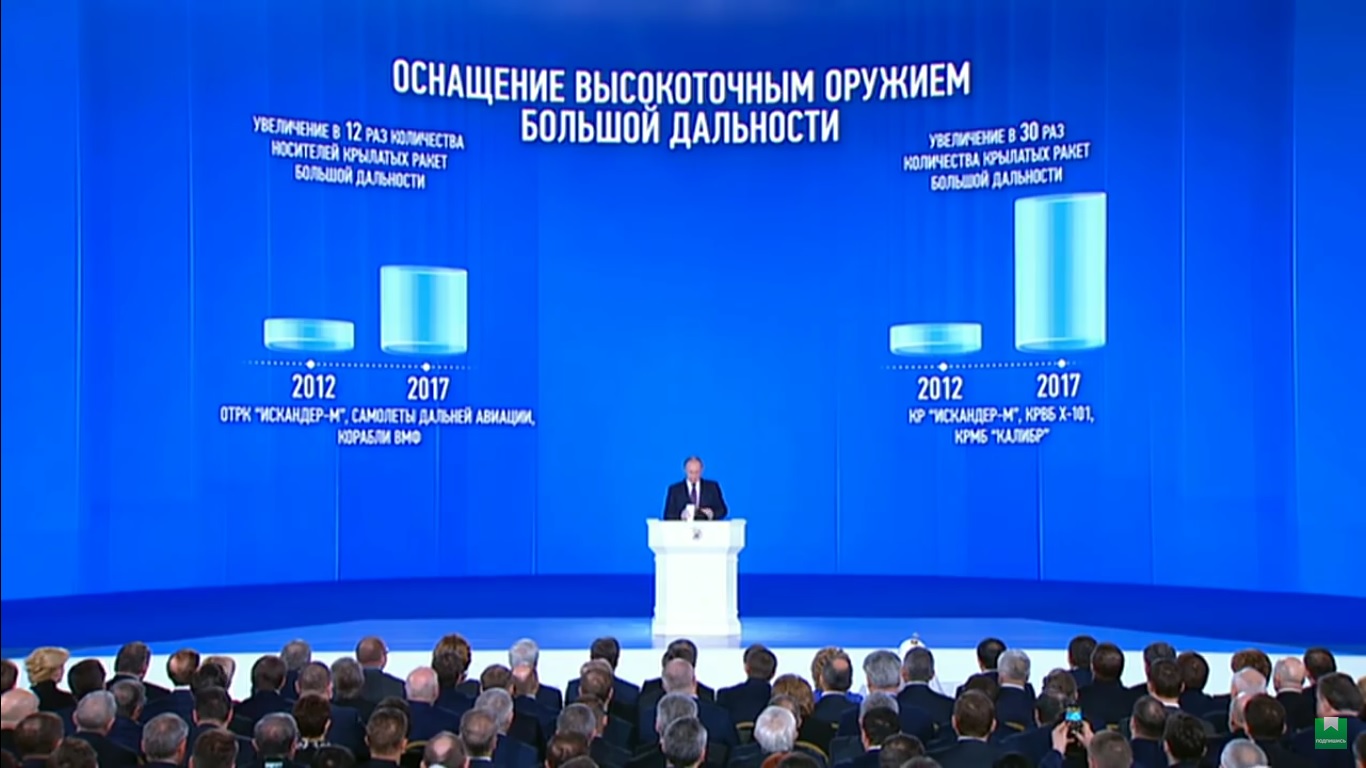The publication concerns the future integration of Ukraine with the EU, and also about the directions in which Sweden is able to help Ukraine.
***
In a world increasingly perceived to be marked by new uncertainties, the close partnership between Sweden and Ukraine – evident from President Poroshenko’s recent visit to Stockholm and our meeting today in Kyiv – remains a manifestation of our countries’ unwavering fundamental position in support of the sovereignty, territorial integrity and inalienable right of all countries to choose their own future.
Three years have passed since the Revolution of Dignity when the citizens of Ukraine took to the streets and squares around the country to demand change, democracy, a real fight against corruption and closer links with the EU. This public desire for change was confirmed in the 2014 democratic elections.
The Russian illegal annexation of Crimea and ongoing aggression in the Donbas are unacceptable and violate the European security order, which is essential for the security and prosperity of our continent. We condemn the Russian violations of international law and of universal human rights in Crimea and the Donbas.
Our joint resolve goes further than the defense of international law. As countries striving to be open European democracies, providing equal rights and opportunities to all women and men, we also need to come together to resist intolerance as well as destructive political movements at the expense of European integration and global cooperation.
Ukraine’s formal relations with the EU are stipulated in the Association Agreement, which serves as an agreed roadmap for reforms and a guide in the direction of rule of law, respect for basic human rights and an economy based on free trade and access to the EU’s internal market. As parties to this agreement, we work for it to come fully into force as soon as possible.
Further integration of Ukraine into the EU will require continued and deepened reforms. Much has already been achieved in areas such as energy, decentralization, public procurement and measures to combat corruption. The e-declaration system introduced this year is a case in point. In order to tackle remaining challenges, it is crucial to maintain this momentum.
The reforms have enabled the coming introduction of visa-free travel to the EU for Ukrainian citizens. This will also send a powerful symbolic message to the Ukrainian people that change is possible. This is especially important for the young and dynamic generation which is the driving force for a successful Ukraine. They, and the vibrant Ukrainian civil society remain impressive national assets that will prove crucial for the future of Ukraine.
As Sweden now prepares to celebrate the 250th anniversary of the introduction of Freedom of the Press on 2 December, we want to underline the essential role that access to information, free debate and inquiry has to play in a modern society. This has also contributed to making Sweden one of the least corrupt in the world. The role of investigative journalism and adequate whistle-blower protection are hard to overestimate in this context.
It is important to keep up the momentum of successful reforms. One area of relevant Swedish experience concerns equality between women and men, which has contributed significantly to our economic development. On this topic, there is great potential for further cooperation with Ukraine.
We remain fully committed to Ukraine’s future in Europe. We believe in the open European Union with close links with Ukraine as well as with the other partner countries in the Eastern Partnership. The success of Ukraine’s reforms and democratic transformation is important not only to Ukraine itself but also for the whole region and to all Europe. A modern, democratic and prosperous Ukraine is in the interest both of the Ukrainian people and of all of Ukraine’s neighbors.
Margot Wallström, Minister for Foreign Affairs of Sweden
Pavlo Klimkin, Minister of Foreign Affairs of Ukraine








